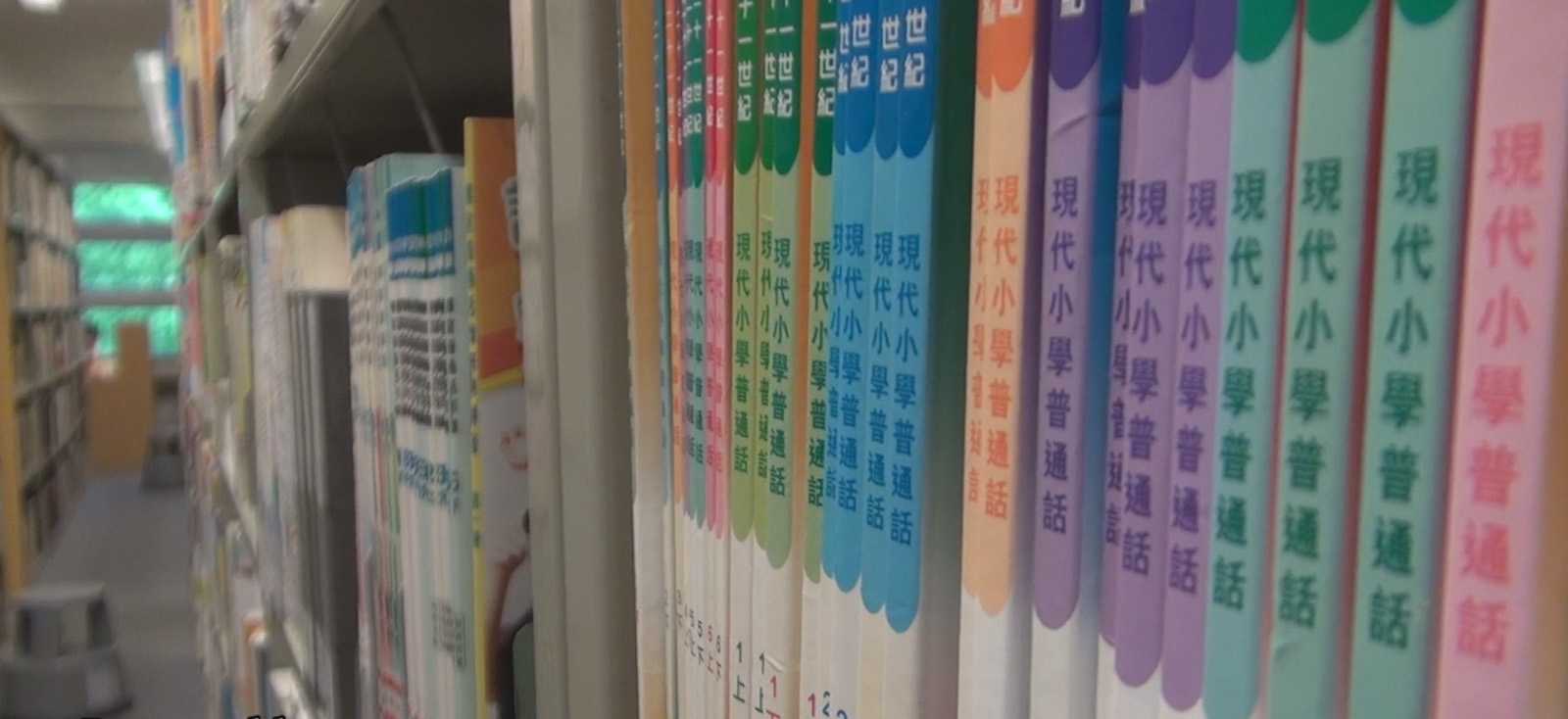Local teachers lose out as schools switch to teaching Chinese in Putonghua
Reporters: Tiff Chan, Esther Chan, Mavis Wong
Editor: Jeffrey Wong
Earlier this year, an article on language learning support on the Education Bureau’s website claimed that Cantonese was “a Chinese dialect which is not a statutory language”. This sparked a heated debate and shone a light on a trend which has been growing steadily in recent years.
Since the policy of using Putonghua as the Medium of Instruction (PMI) was introduced in 2008 primary and secondary schools have been able to choose between using Putonghua or Cantonese as the medium for teaching Chinese language.
Even before the policy was implemented, the Curriculum Development Institute proposed “teaching Chinese by Putonghua” as a long-term goal in 2000.
PMI is more popular in primary schools than in secondary schools. According to research done by Hong Kong Language Studies, over 70 per cent of primary schools are teaching Chinese in Putonghua, compared with 25 per cent of secondary schools. While the government strongly supports PMI, only around 1 per cent of schools implementing PMI are government ones.
Much of the debate has focused on the impact that using Putonghua to teach Chinese has on students’ Chinese Language performance.
Critics say PMI may affect teachers’ performance in class. A practice teacher, Wong Hei-tung says it is difficult to use Putonghua to explain Chinese traditional values or ethics. Another practice teacher, Kwan Ka-lee says using Putonghua in class may reduce students’ initiatives to learn and participate in class discussion.
Far less attention has been paid to another potential impact – the job prospects of local teachers. As more schools switch to PMI, teachers are expected to have a pass in the the Language Proficiency Assessment for Teachers (LPAT), which tests Putonghua ability in the context of teaching.
This test consists of four parts: Listening and Recognition, Pinyin, Oral, and Classroom Language Assessment. For the oral part, test takers can choose to take either the LPAT oral test or the Test of Proficiency in Putonghua (TPP). The results of the two tests are interchangeable. Many teachers prefer the latter as it is considered easier to get better results.
Even experts in Putonghua education, such as the Director of the Centre for Research and Development of Putonghua Education, Lam Kin-ping says that getting a pass in the test does not mean teachers have the ability to teach Chinese in Putonghua. However, the test has become the “entrance ticket” for prospective Chinese teachers regardless of whether they want to work at a PMI school or not. Putonghua proficiency seems to be a must, even though Cantonese is Hong Kong’s most common language.
The impact of PMI on local teachers is just one aspect of what may become a protracted culture war between Cantonese and Putonghua. Although the Education Bureau removed the offending article from its website after strong criticism, the incident made many Hong Kong people view Cantonese as being under threat.











































